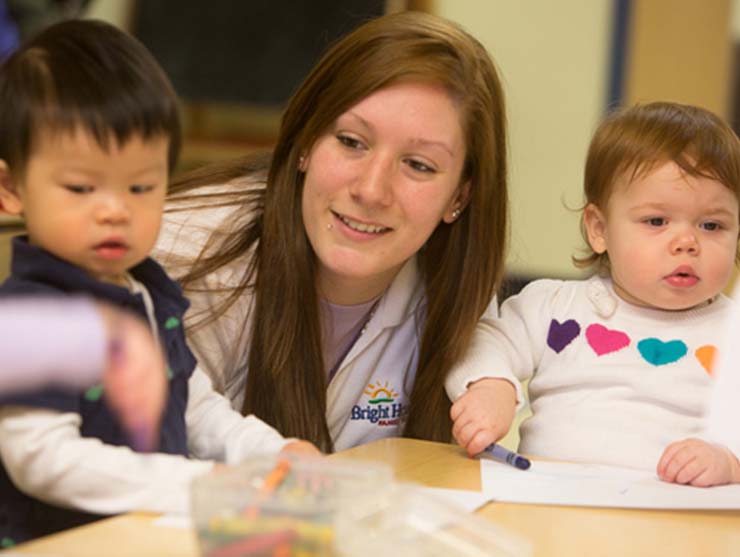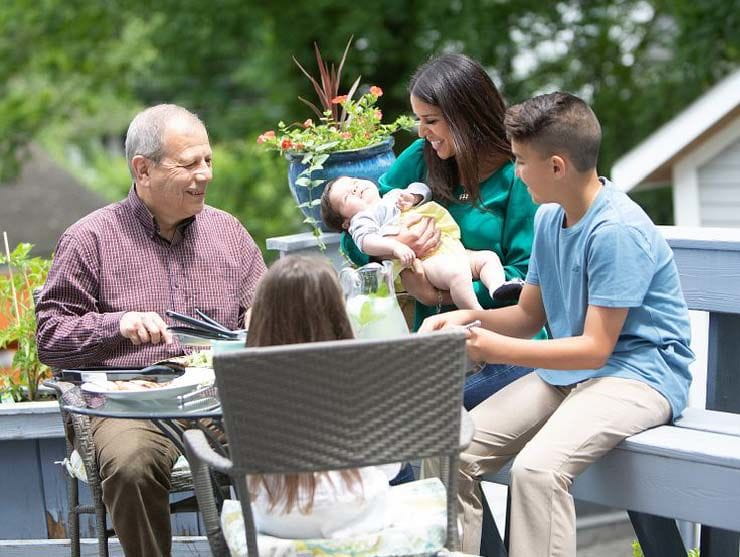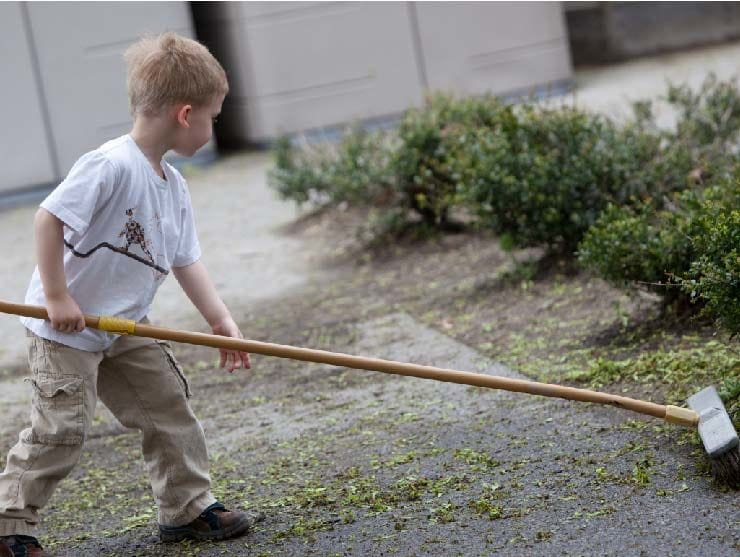Heading off to kindergarten is a big step and it’s natural to wonder if your child is ready. Academic knowledge is just one part of kindergarten readiness. Kindergarten teachers say that social-emotional skills and “ready to learn” skills are just as important.
Social-Emotional Skills
We know that children’s interests in friendships and socializing vary depending on factors like temperament and personality. Some kids are natural social butterflies while others are happy with a small group of friends. But all children need basic social skills such as knowing how to ask for a turn, share a material, or join a group. Social-emotional skills also include recognizing and managing feelings, showing empathy, or understanding another’s perspective.
Executive Function
Executive function refers to the brain work that happens behind the scenes and allows learning to take place. It includes focus and attention, listening and following directions, remembering details, planning actions, and delaying impulses.Thinking and Learning
In addition to executive function, young children are learning how to ask questions, solve problems, and think creatively. They’re also learning to work in groups, a fundamental aspect of kindergarten, and can communicate and collaborate.Academics
A lot of focus is placed on recognizing letters and numbers, and these are important skills, but they’re only the beginning of academic readiness. Learning to read, for example, involves several processes such as recognizing letter sounds, understanding print concepts such as that print runs from left to right and top to bottom, and most importantly, finding joy in learning. As their hand muscles mature, children’s writing evolves from random markings to intentional lines and letters.How to Support Your Child’s Kindergarten Readiness
High-quality early education is one of the best ways to ensure that your child is a confident and capable learner, but you can replicate many of the best aspects of child care such as:
- Ample opportunities for rich play. Play board games, visit children’s museums, build things with boxes and found materials, spend time in nature, and engage in imaginative play with stuffed animals, figurines, and friends.
- Relevant learning. Teach literacy, math, and science concepts through everyday life experiences such as cooking, baking, gardening, and working on projects.
- Reading together. Read just 20 minutes each day to set your child on the path toward a lifelong love of learning. Reading together builds literacy knowledge and forges warm memories and bonds. Many children’s books focus on important life lessons such as friendship, loyalty, kindness, or courage, and pave the way for great family discussions.
- Nurturing relationships. Intentionally build strong family bonds and community connections. Talking and playing with children is just one way to accomplish this. Use positive guidance strategies to solve behavioral challenges, model empathy and kindness, and create opportunities for your child to interact with children and adults from a variety of backgrounds and experiences.





